
Nepali Army’s Arms Procurement Raises Concerns About Quality and Transparency
The Nepali Army has initiated a letter of credit (LC) for the acquisition of arms from a Chinese company accused of supplying inexpensive weaponry to South Asian and African nations. The military has resumed this process, which was temporarily halted following criticism for attempting to procure weapons without engaging in competitive bidding.
Seven months after discontinuing the procurement of weapons from Norinco without competition, the Nepali Army has reinitiated the process with the Chinese company North Industries Corporation (NORINCO). The procurement involves 26 armored personnel carriers (APCs) at a unit cost of US$538,000, 72 tactical vehicles at US$250,000 per unit, and a significant quantity of 12.7 mm bullets.
The procurement of military equipment, including APCs, with a total value of 33 million US dollars (approximately 4.42 billion rupees), is underway. Sources indicate that the army opened three LCs at Himalaya Bank on December 8 for this purpose.
Currently, five LCs have been opened for military equipment valued at 4.42 billion rupees, with two LCs awaiting approval from the Nepal Rastra Bank.
Following Chief of Army Staff Prabhuram Sharma’s visit to China, the army initiated the procurement process after discussions between Prime Minister Pushpa Kamal Dahal ‘Prachand,’ Defense Minister Purna Bahadur Khadka, and Chief of Army Staff Sharma.
In addition to dealings with China, the Nepali Army has commenced the procurement process for military materials from India.
The army has already opened an LC for APCs from four Mahindra companies in India. Furthermore, an Indian company, MIL, is set to receive orders for 12 more HMLTs, 5.56 bullets, case cups, bullet cups, boxer primer (1203), double base propellant, etc.
Despite the army designating the procurement process as Government-to-Government (GtoG), there are allegations of involvement by contractors with close ties to high political leadership.
Sources claim that the army has initiated the procurement process based on their specific design preferences. During the tenure of then-Prime Minister Sher Bahadur Deuba, the procurement process for 26 APCs, 72 tactical vehicles, and bullets from China advanced.
Concerns have been raised, drawing attention to issues faced by other countries, such as Bangladesh, Myanmar, Sri Lanka, Thailand, and Pakistan, which experienced shortages and problems with weapons and equipment purchased from China. In Bangladesh during 2012-13, the tank’s engine purchased from China was found to be of poor quality, and there were complications with the F-22P used by the Pakistan Navy. Even in Nepal, the Nepal Airlines Corporation incurred substantial losses due to issues with planes purchased from China.
Kenya procured 30 Norinco VN4 APCs from Beijing, and experts investigating the APC procurement reported that the Chinese-made APCs were found to be inadequate.
Despite these findings, allegations suggest that the Nepali Army’s motivation for seeking weapons from China lies in the commissions involved. Nepali agent Lokendra Karki, the brother of Nepali Congress leader and former minister Gyanendra Bahadur Karki, is acting as a middleman in arms procurement from China, potentially resulting in purchases at prices exceeding market value.
Taking advantage of the fluid political situation and the transitional period, there are suspicions of possible manipulation and fraud by some high-ranking officials in the Nepali Army involved in purchasing weapons. Military sources claim that the Nepali Army’s decision to procure APCs from China is influenced by the high commissions offered.
Despite previous weapon purchases from Korea, the Nepali Army is now turning to China after encountering problems with Korean weapons. Nepali representatives of the Chinese company, Umesh Shrestha and Roshan Shrestha, were replaced by Karki after their tenure expired. Umesh Shrestha, the Nepali representative of Norinco Company, filed a complaint at military headquarters in Bhadrakali, alleging forced resignation from his agency.
Sources indicate that Karki held a secret meeting with Chief of Army Staff Prabhuram Sharma, Defense Minister Khadka, and representatives of Chinese arms companies. Karki was also involved in the army’s weapons purchase from South Korea.
During that period, the army purchased 30,000 K2 assault rifles from the Korean company Daewoo Precision Industries for one and a half billion dollars. However, field tests revealed issues such as barrel heating, cocking handle breaking, and 6-7 bullet misfiring. The K2 series of weapons, similar to the US-made M16 rifle, have faced criticism for being used by countries infamous for corruption, including Fiji, Nigeria, Cambodia, Peru, Senegal, and Iraq.
Reports suggest that a representative from Norinco recently visited Nepal, and the Chinese ambassador met with Nepal’s Defense Minister Purna Bahadur Khadka. Additionally, a letter has been sent to the Military Welfare Fund for payment in the first phase of the weapons purchase.
To maintain geopolitical balance, the army entered an agreement with the Indian company Mahindra for a limited purchase of APCs. Under this agreement, four APCs were acquired from India at a cost of US$398,000.
Contrary to earlier government statements, Communication and Information Technology Minister Rekha Sharma claimed that no decision had been made to purchase arms from China. She emphasized that there was no proposal from the Ministry of Defense in the Council of Ministers on this matter.
Sources suggest that while the Chief of Army Staff favors a transparent procurement process, the current process is progressing under pressure from other military officers. This marks only the first phase of the procurement process, with plans to acquire more Chinese weapons in the future. It appears that China has significantly advanced its position in the Nepali Army’s procurement process, not only economically but also in military matters.
Also read:
Chinese APCs with poor battlefield performance being procured by Nepali Army
Military hardware fiasco in South Asian Countries
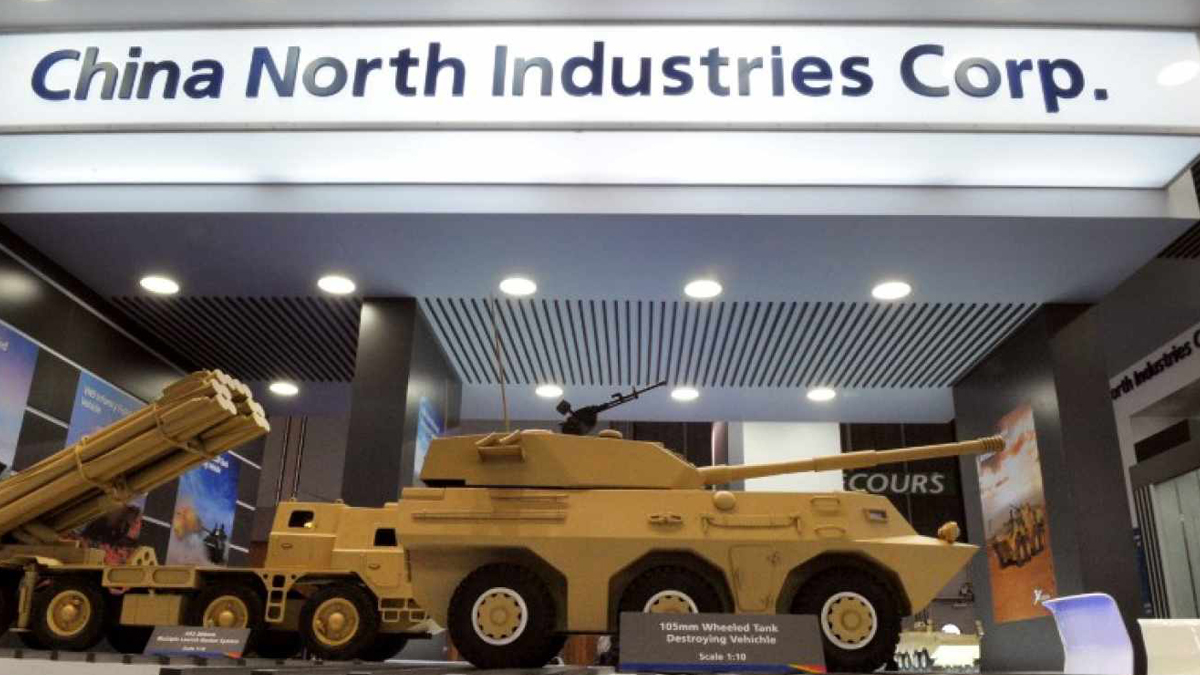



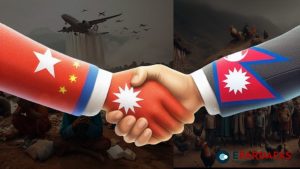
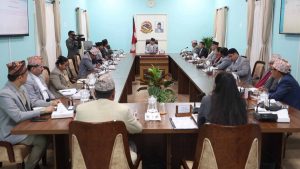
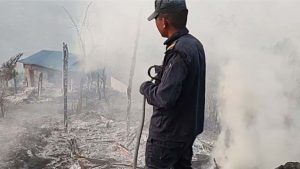
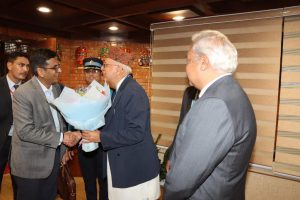
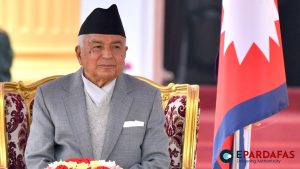






Comments